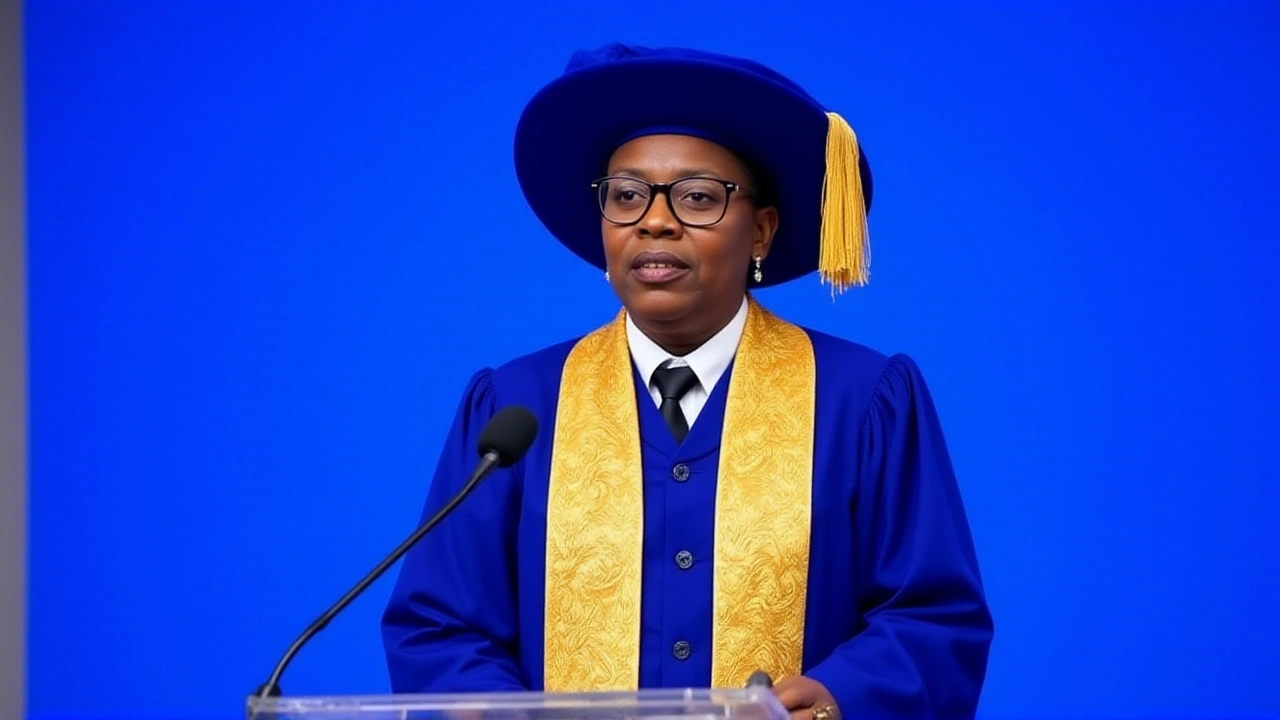If you’ve been following the headlines about Nigeria’s Niger Delta, you’ve probably seen the term “Rivers State peace deal” pop up a lot lately. After years of strikes, militia activity, and occasional flare‑ups, the state government finally signed a formal agreement with the major armed groups. The goal? To end the cycle of violence, bring back stable oil production, and give ordinary people a chance to go about their lives without fear.
So, what really changed with this deal? First off, the agreement includes a clear cease‑fire clause that both sides have pledged to respect. Second, there’s a disarmament schedule that will see weapons collected over a six‑month period, with incentives like vocational training and small business grants for those who hand over their arms. Finally, the government promised to address long‑standing grievances such as land rights, community development projects, and better revenue sharing from oil royalties.
Below are the main items that most observers are zeroing in on:
These points were hammered out after months of talks in Abuja and Port Harcourt. The armed groups insisted on real economic benefits, not just empty promises, while the government wanted a roadmap that could be tracked and verified.
For most residents of Rivers State, the biggest change will be a feeling of safety on the streets. Markets that were previously closed on “security alerts” are starting to open longer hours, and transport operators are reporting fewer roadblocks. With more stable oil output, local businesses that depend on the sector—like food vendors and auto repair shops—are seeing a modest boost in customers.
Young people, who traditionally faced limited job prospects, now have a clear path to learn a trade. The government’s training centers are already enrolling hundreds of youths each month, and early graduates are finding apprenticeships with local contractors. This could help cut the recruitment pipeline that fed the militias for years.
On the flip side, there are still challenges. Some smaller factions didn’t sign the deal and may test the cease‑fire. Authorities have warned that any breach will be met with swift legal action, but the reality on the ground will need careful monitoring. Communities are also watching to see if the promised funds actually reach the schools and clinics that need them.Overall, the Rivers State peace deal offers a concrete framework for reducing violence and boosting the local economy. It won’t solve every problem overnight, but it sets a clear starting line for a more stable future. Keep an eye on the monthly reports from the monitoring board—they’ll tell you whether the promises turn into real change.
In short, if you live in the area or do business there, the next few months could feel noticeably calmer. Expect more open roads, new training opportunities, and a gradual improvement in public services. The success of the deal will ultimately depend on how well both sides stick to the plan, and whether the community benefits match the hype. Stay tuned for updates as the peace process unfolds.
Posted by
Siseko Tapile
12 Comments

Governor Siminalayi Fubara pledges to pay any price for peace after President Bola Tinubu’s eight‑point deal, amid heated criticism and political fallout in Rivers State.
read more